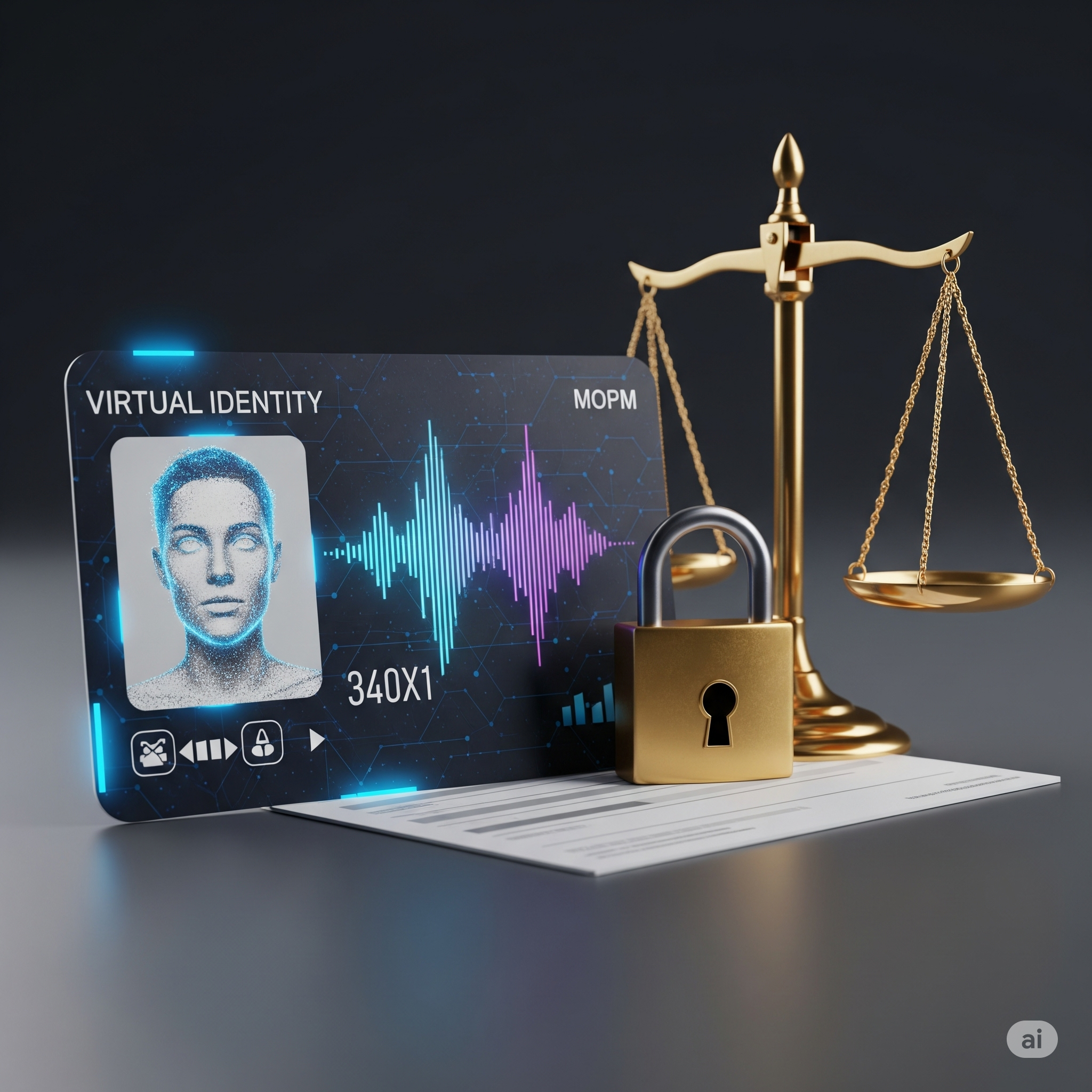The rapid rise of generative AI has ushered in stunning possibilities for creative media, personalization, and new forms of work. But it has also unleashed a darker side: the rampant spread of deepfakes and manipulated media that threaten individual privacy, reputation, and even the pillars of democracy. With AI-generated faces and voices now indistinguishable from reality, it’s time to ask: Shouldn’t you own the rights to your own likeness?
The Deepfake Dilemma: Misinformation and Harm Amplified
Generative AI now makes it alarmingly simple for anyone to compose life-like videos, voices, and photos of people saying or doing things that never happened. While some applications are playful, the surge in deepfake misuse is deeply troubling.
The Most Common Harms
- Misinformation & Election Tampering: Deepfaked videos of politicians or public figures can spread false statements, incite unrest, or influence votes.
- Identity Theft: Scammers use AI voices and images to impersonate individuals, tricking banks, employers, or friends.
- Non-Consensual and Invasive Content: Many deepfakes target women, creating offensive or explicit material without consent, inflicting emotional and reputational harm.
- Frauds & Hoaxes: Fake corporate or celebrity announcements, viral stunts, and targeted harassment are on the rise.
The root problem? Once your likeness is digitized online, it can be copied, altered, and weaponized against you—with little accountability for creators or tech platforms hosting the content.
Why Legal Ownership of Digital Likeness Matters
1. Safeguarding Digital Identity
Your face, voice, and mannerisms are central to who you are—offline and online. In an era where AI-powered manipulation is effortless, legal recognition of your right over your own likeness becomes essential. This means:
- Only you (or those you authorize) can use your face, voice, or personal features for commercial or creative purposes.
- Unauthorized uses—especially in malicious or misleading contexts—can be challenged in court.
2. Establishing Accountability and Consent
Mandating legal ownership means creators and platforms must verify permission before publishing or distributing AI-generated likenesses. This creates:
- A clear digital trail for who used your features, when, and for what purpose.
- Strong deterrents: Those who forge identities without consent face real penalties.
3. Empowering Victims and Deterring Offenders
With codified rights, victims of deepfake abuse can demand rapid removal of harmful content and sue for damages. Tech companies, too, would face clear deadlines and meaningful repercussions for failing to act.
What Must Change: Laws, Platforms, and Public Awareness
A. Update Legal Frameworks
Countries urgently need robust “digital identity” laws that:
- Define and protect personal likeness, voice, and biometric data as ownership rights—much like copyright.
- Mandate transparency for companies deploying AI content generation and hosting such media.
- Create fast-track legal mechanisms for takedown requests, monetary penalties, and—where needed—criminal sanctions.
Leading examples already emerging include the EU’s AI Act and draft laws in the US, UK, and Australia—though most still lag behind the problem’s scale.
B. Enforce Platform Accountability
From social media to web hosts, platforms must be compelled to:
- Detect & Label AI-generated media (flagging potential deepfakes on upload).
- Honor prompt takedown requests when consent is missing or harm is significant.
- Face penalties or liability if they consistently allow illegal, harmful content to fester.
Platforms should build user tools for reporting, awareness, and digital self-defense.
C. Foster Digital Literacy and Personal Agency
Awareness is the first line of defense—public education campaigns are vital so people can:
- Recognize warning signs of AI-manipulated media.
- Take fast action if targeted.
- Push for stronger protections and ethical standards.
Challenges and Considerations
- Freedom of Speech: Laws must balance the right to parody and satire with protections against genuine harm.
- Global Enforcement: The internet’s borderless nature necessitates international cooperation to pursue offenders.
- Technological Arms Race: AI detection tech must keep pace with ever-evolving deepfake generators.
Conclusion: Own Yourself in the Age of AI
As AI-generated content becomes indistinguishable from reality, protecting your digital identity is no longer optional—it’s fundamental. Granting people irrefutable legal ownership over their face, voice, and likeness is the surest shield against deepfake abuse, misinformation, and identity theft. For the AI era to remain empowering—not predatory—regulators, platforms, and individuals must unite to draw this line and enforce it. The face you see in the mirror, and the voice you hear, should always belong to you.









+ There are no comments
Add yours